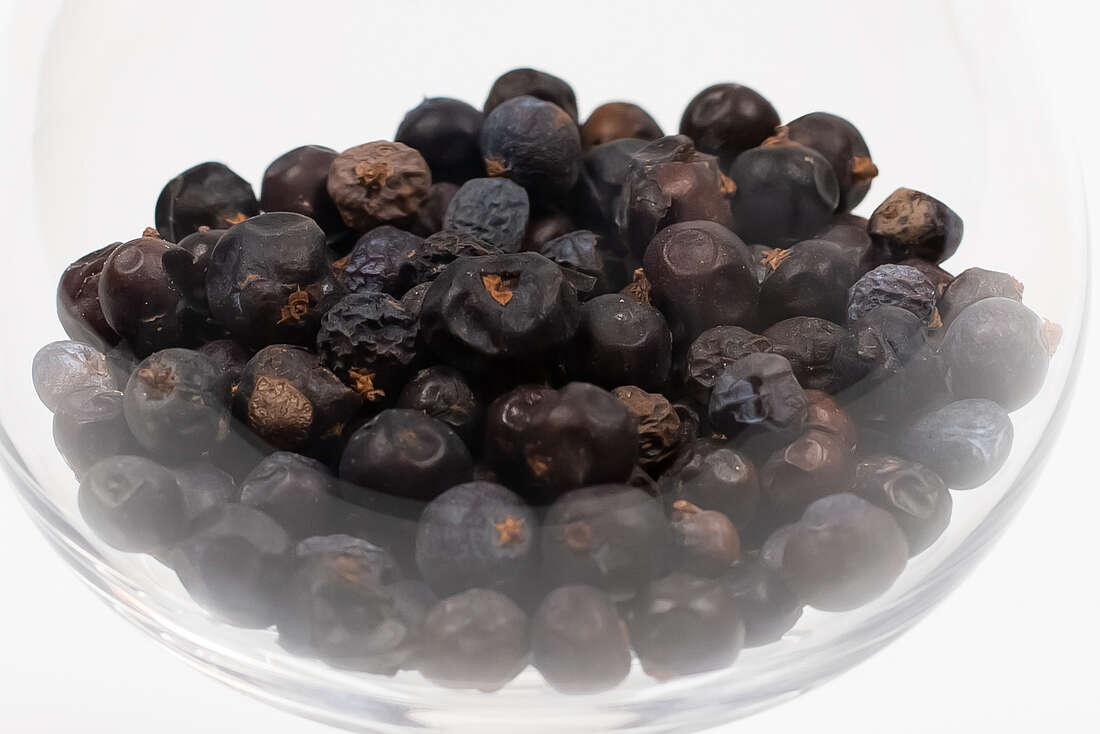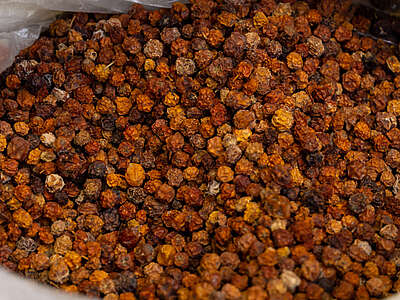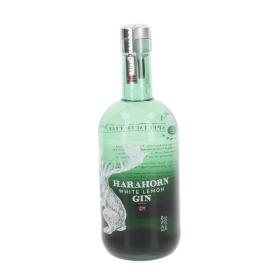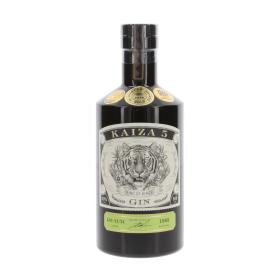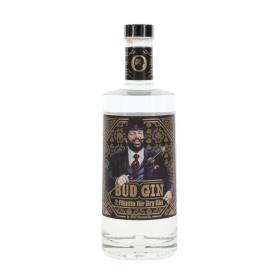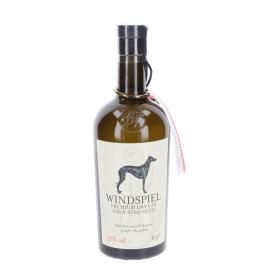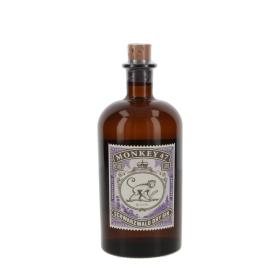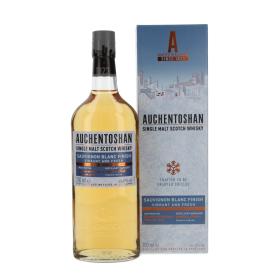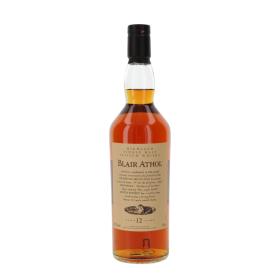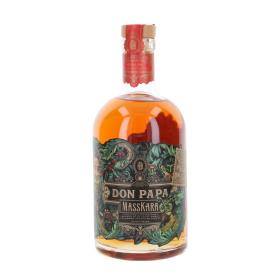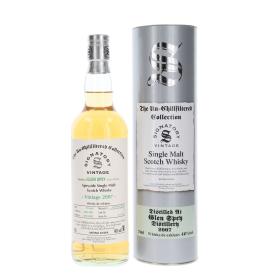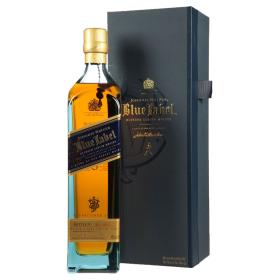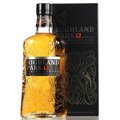Juniper, with the scientific name Juniperus, is used for gin production. The robust plant grows in different climatic zones and has many uses: medicinal plant, ornamental plant, wood processing and oil extraction. The dosage for gin is about 1 kg juniper berries per 100 l alcohol. The intense, astringent taste of juniper characterises the gin, complemented by coniferous wood, berry sweetness and spiciness.
Background
Juniper is known by many names: its scientific name is Juniperus, above it one finds names like Machandel, Kaddigbeere, Rech- or Reckolder, Krammetbeere, Kranawitt or Kronawitt Also names like Weihrauch- or Feuerbaum are common. It belongs to the cypress family. There are many varieties, some of which are poisonous.
It is the berries of the juniper bush that are used for gin production. Botanically speaking, the correct term would be berry cones, i.e. false berries.
Use of the juniper plant
The berry cones of the juniper tree can be used fresh or dried. Most distilleries use dried juniper, as it is easiest to store and transport.
The hard skin of the false berry protects the essential oils inside the fruit. When preparing food, the peel is usually broken to get the special flavour.
The plant was already used as a medicinal plant in the 16th century. It was used to treat digestive problems, rheumatism and gout. Due to the many tannins it contains, juniper has an astringent effect, i.e. it changes the proteins of the skin it meets. This is perceived as a tingling sensation. This effect has also been used in medicine.
In addition, the shrub is used as an ornamental plant, the wood for processing and the juniper berries for oil production.
Growing area and origin
The juniper tree is a very robust and adaptable plant. It grows both in the cold tundra and in desert areas, as it can adapt well to different climates. The plant has even been found in very remote areas and on remote islands, as it also reproduces via the digestive tract of birds. Due to its adaptability, many subgenera and regional characteristics have developed.
Dosing and distillation
The general guideline for juniper is 1 kg per 100 l of neutral alcohol. This can, of course, be varied somewhat according to style and taste to obtain a stronger (classic) or weaker gin. However, if you opt for the weaker version, you should always make sure that the juniper flavour in the gin is the strongest. If this is not the case, the spirit may not be called gin according to EU regulation.
Taste influence on the gin
When discussing the taste of juniper, one can argue at length. One thing is certain, however.
It has an intense, astringent taste. This can be attributed to the astringent effect of the tannins. This effect is so strong in classic gins with lots of juniper that it is retained even by adding a sweet, intense tonic water.
In addition, juniper also develops a coniferous flavour, a fruity, berry-like sweetness and spiciness.

